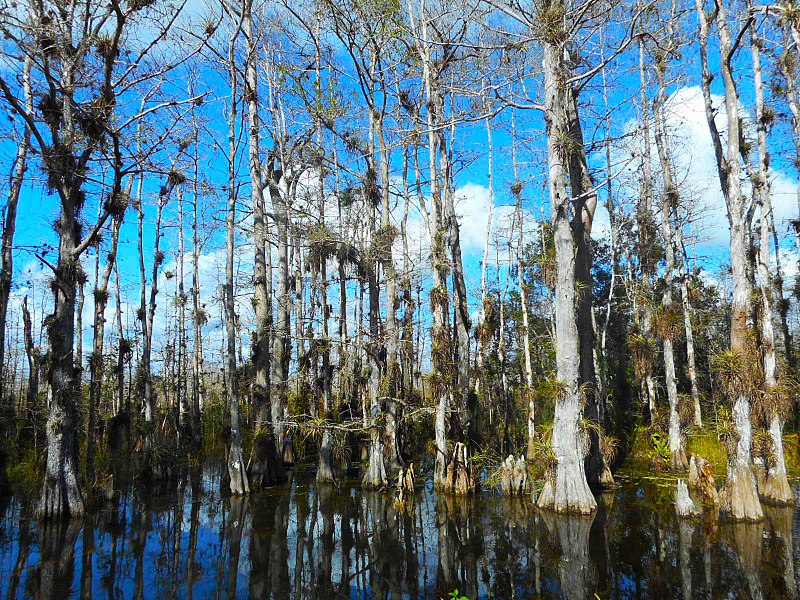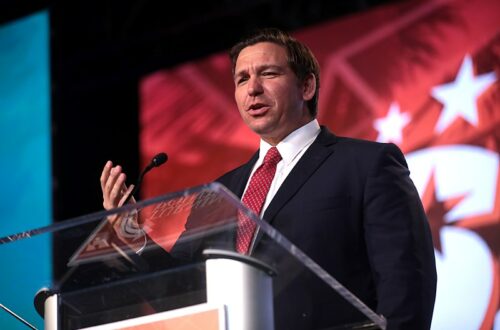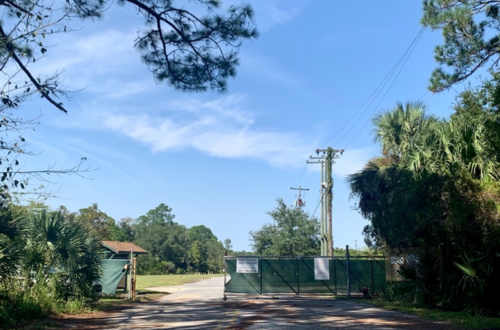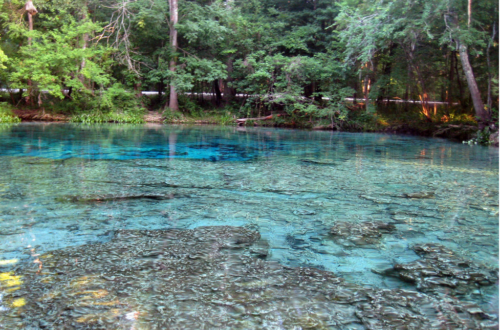The Everglades and Big Cypress Preserve are home to endangered species such as the bald eagle and the West Indian Manatee. Some companies are pushing for them to also become home to well pads and oil excavation equipment.
Oil drilling has been a long-standing subject of controversy for the Everglades and the surrounding wetlands. Thus, when Burnett Oil Co. announced its decision to withdraw its oil drilling permit requests until further notice, the decision garnered a lot of attention.
In 2017 and 2018, the Texas-based oil company did seismic testing at Big Cypress National Preserve in an effort to determine the quantity of oil in the area. Then, in January 2022, Burnett submitted initial permitting applications.
Big Cypress Preserve is a 729,000-acre area that lies beside Everglades National Park. It was labeled a preserve rather than a national park to allow access to the swamp for recreational activities such as hunting. It also allows people to live in the area and for the Miccosukee and Seminole Tribes to occupy the land.
Though Burnett’s request marked only the first of several rounds of permitting, the initial applications indicated that Burnett intended to move forward with its oil drilling plans. The permits requested permission to construct two well pads as well as access roads in the preserve that would be used in the oil drilling process.
Allie Hartmann works with Friends of the Everglades, a nonprofit organization that works to protect and preserve the Everglades, and also advocates for the adjacent Big Cypress Preserve.
“We feel pretty strongly that any further industrial oil development in Big Cypress or anywhere else in the greater Everglades is not in the public interest for a variety of reasons,” Hartmann told the Florida Political Review. She went on to explain that some of these reasons include injury to native soils, greenhouse gas emissions, and threats to the endangered species that have made Big Cypress their home.
After deliberation, the National Park Service decided that a more thorough environmental impact statement on Burnett’s plans is necessary before the permit applications are either approved or denied. This prompted engineers working with Burnett to withdraw its applications “until the project is further along in the design process to adequately assess the Department’s permitting criteria.”
Last year, President Joe Biden issued a moratorium on new gas and oil leases on public lands, but this moratorium can be circumvented in Big Cypress. No federal leases are required for drilling in the preservation because the mineral rights under the surface are privately owned.
The federal government still owns the surface property, and groups such as the National Resource Defense Council have urged policymakers to do all they can to protect the land and resources. “The risks of new oil development in Florida are simply not worth the minimal returns to a few private mineral owners,” the group wrote in a blog.
In addition to prompting activists to speak out, the possibility of oil drilling in Big Cypress has also reached the ears of state lawmakers. Florida’s entire congressional delegation has expressed its disapproval of oil drilling in Big Cypress and the Everglades.
Hartmann stated that the bipartisan support of protecting the Everglades is positive. However, she also pointed out that lawmakers could be more proactive when actually creating policies.
Hartmann explained this point through SB 2508, a recent Senate bill that prioritizes farmers getting water over sending it to the Everglades. She expressed concerns that some of the language in the bill may make it easier for oil drilling applications to be approved in the future.
Nikki Fried, the current Florida Commissioner of Agriculture, is one politician who has been particularly outspoken regarding the oil drilling issue. In late December, she wrote a letter to the U.S. Secretary of the Interior Deb Haaland and National Park Service Director Charles Sams asking them to reject Burnett’s application for drilling.
“The fate of this vast wilderness, part of the most unique and delicate ecosystem on Earth, hangs in the balance with these decisions before you,” wrote Fried.
Burnett’s subsequent applications will now depend on the new environmental impact statement drafted by the National Park Service. Thus, the future of oil drilling in Big Cypress Preserve remains to be seen.
Check out other recent articles from Florida Political Review here.
Featured Image: Big Cypress National Preserve. Unmodified photo by Wikimedia Commons used under a Creative Commons License. (https://bit.ly/3qciCzN)





